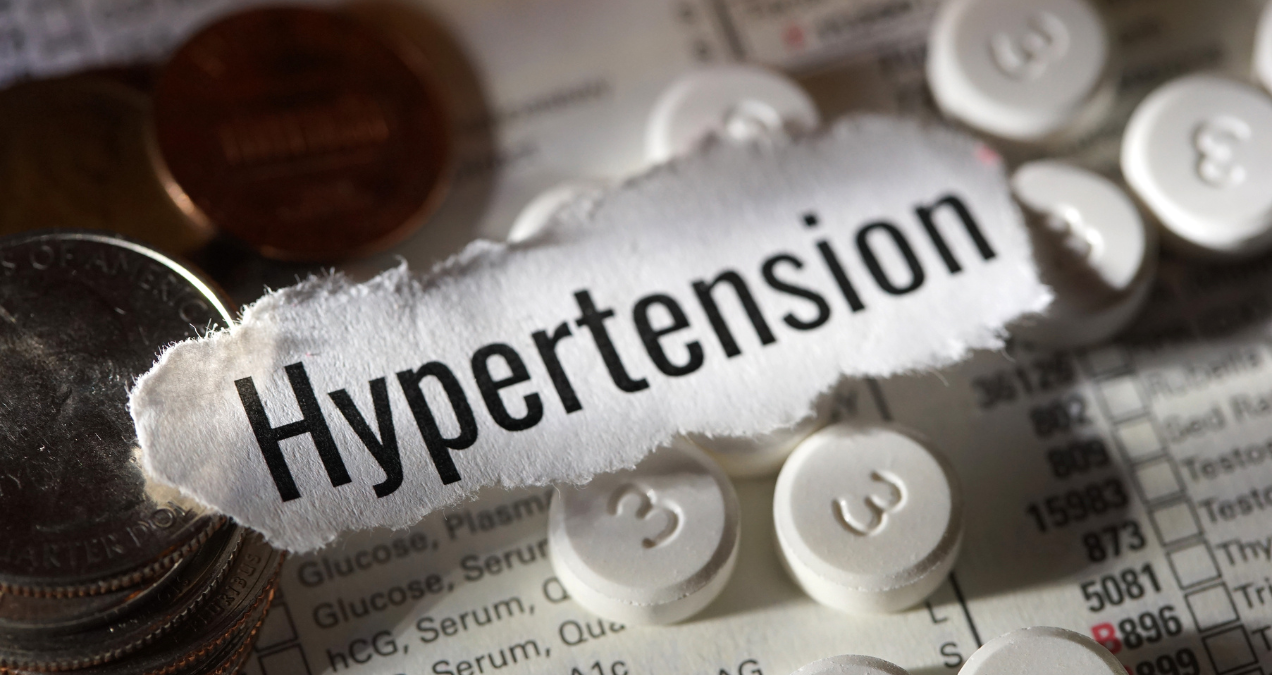Acute Kidney Injury (AKI): A Rapid Decline You Shouldn’t Ignore

The kidneys are vital organs responsible for filtering waste, balancing fluids, and maintaining overall health. However, when they suddenly stop functioning properly, the consequences can be life-threatening. Acute Kidney Injury (AKI), also known as Acute Renal Failure, is a condition that causes a rapid decline in kidney function and requires immediate attention. In my 25 years of experience as a nephrologist, I have seen firsthand how crucial it is to recognize and treat AKI early to prevent irreversible damage.
What is Acute Kidney Injury (AKI)?
Acute Kidney Injury is a condition where the kidneys experience a sudden and rapid loss of function. It typically develops within hours or days and can lead to a buildup of waste products, fluid retention, and electrolyte imbalances. AKI is different from chronic kidney disease (CKD) because it occurs suddenly and is often reversible if treated early. However, if left untreated, AKI can progress to kidney failure, which may require dialysis or a kidney transplant.
Causes of Acute Kidney Injury
AKI can be triggered by several factors, and understanding these causes is essential for preventing and managing the condition. The causes of AKI are often categorized into three types based on the location of the problem: pre-renal, intrinsic, and post-renal.
- Pre-Renal Causes (before the kidneys):
These involve conditions that reduce blood flow to the kidneys, depriving them of the oxygen and nutrients they need to function. Some common pre-renal causes include:- Severe dehydration or fluid loss
- Blood loss from surgery, trauma, or injury
- Heart failure or shock, which reduces blood circulation
- Intrinsic Causes (within the kidneys):
These are conditions that directly damage the kidneys themselves. Some intrinsic causes include:- Acute glomerulonephritis (inflammation of the kidney’s filtration units)
- Acute tubular necrosis (damage to the kidney’s tubules due to toxins or lack of oxygen)
- Kidney infections, such as pyelonephritis
- Post-Renal Causes (after the kidneys):
These involve blockages in the urinary tract that prevent urine from flowing out of the kidneys. Some post-renal causes include:- Kidney stones
- Tumors or prostate enlargement
- Bladder or ureteral obstructions
Symptoms of Acute Kidney Injury
AKI can progress quickly and may present with symptoms that are often nonspecific. Some of the common symptoms to watch out for include:
- Decreased urine output or no urine output at all
- Swelling (Edema): Swelling in the legs, ankles, or around the eyes due to fluid retention
- Fatigue: A general feeling of tiredness or weakness
- Shortness of breath and difficulty breathing
- Confusion or disorientation
- Nausea and vomiting
- Chest pain or pressure
While these symptoms can be associated with other medical conditions, it’s crucial to seek medical attention if you experience any of them, especially if they occur suddenly.
How Acute Kidney Injury is Diagnosed
Diagnosing AKI requires a thorough evaluation by a healthcare professional. The following diagnostic tests are commonly used:
- Blood tests: Measuring levels of creatinine and blood urea nitrogen (BUN) can help assess kidney function.
- Urine tests: These tests can determine the presence of abnormal substances such as blood or protein, which may indicate kidney damage.
- Imaging tests: Ultrasound or CT scans of the kidneys and urinary tract can help identify obstructions or other structural issues.
- Kidney biopsy: In some cases, a biopsy may be performed to examine kidney tissue for signs of damage.
Treatment and Management of Acute Kidney Injury
The treatment for AKI focuses on addressing the underlying cause and supporting kidney function. Depending on the severity of the condition, management strategies may include:
- Fluid and Electrolyte Management: Rehydration is essential if AKI is caused by dehydration. Intravenous (IV) fluids may be administered to restore proper hydration and balance electrolytes.
- Medications: Drugs to control blood pressure, treat infections, or correct imbalances in electrolytes may be prescribed. If AKI is caused by an infection or inflammation, appropriate antibiotics or anti-inflammatory medications are given.
- Dialysis: In severe cases where kidney function deteriorates rapidly, dialysis may be necessary to remove waste products and excess fluids from the body. This process can help stabilize patients until kidney function improves.
- Treating Underlying Conditions: If AKI is caused by conditions like heart failure, kidney infections, or urinary tract blockages, treating these conditions is key to improving kidney health.
Preventing Acute Kidney Injury
Prevention of AKI involves managing risk factors and staying aware of your kidney health. Here are some steps to reduce your risk of developing AKI:
- Stay hydrated: Drink enough water, especially in hot weather or when you’re ill, to avoid dehydration.
- Manage underlying health conditions: If you have diabetes, high blood pressure, or heart disease, work closely with your healthcare provider to control these conditions and reduce the strain on your kidneys.
- Avoid nephrotoxic substances: Some medications, like nonsteroidal anti-inflammatory drugs (NSAIDs) or certain antibiotics, can be harmful to the kidneys. Always follow your doctor’s advice about the medications you take.
- Monitor kidney function: If you have risk factors for kidney disease, regular kidney function tests are essential to detect early signs of trouble.
Why Choose Dr. Shashidhar Shree Niwas?
At the Kidney and Hypertension Clinic, I bring over two decades of expertise in diagnosing and managing kidney-related diseases, including Acute Kidney Injury. AKI requires urgent care, and I’m here to provide timely and personalized treatment plans tailored to each patient’s needs. With advanced diagnostic tools and treatment options, we focus on minimizing kidney damage and restoring optimal kidney function.
Take Action Early – Your Kidneys Matter!
If you experience symptoms of AKI or are at risk due to other health conditions, don’t wait. Early intervention is key to preventing long-term kidney damage. Schedule a consultation today to protect your kidneys and safeguard your health.






